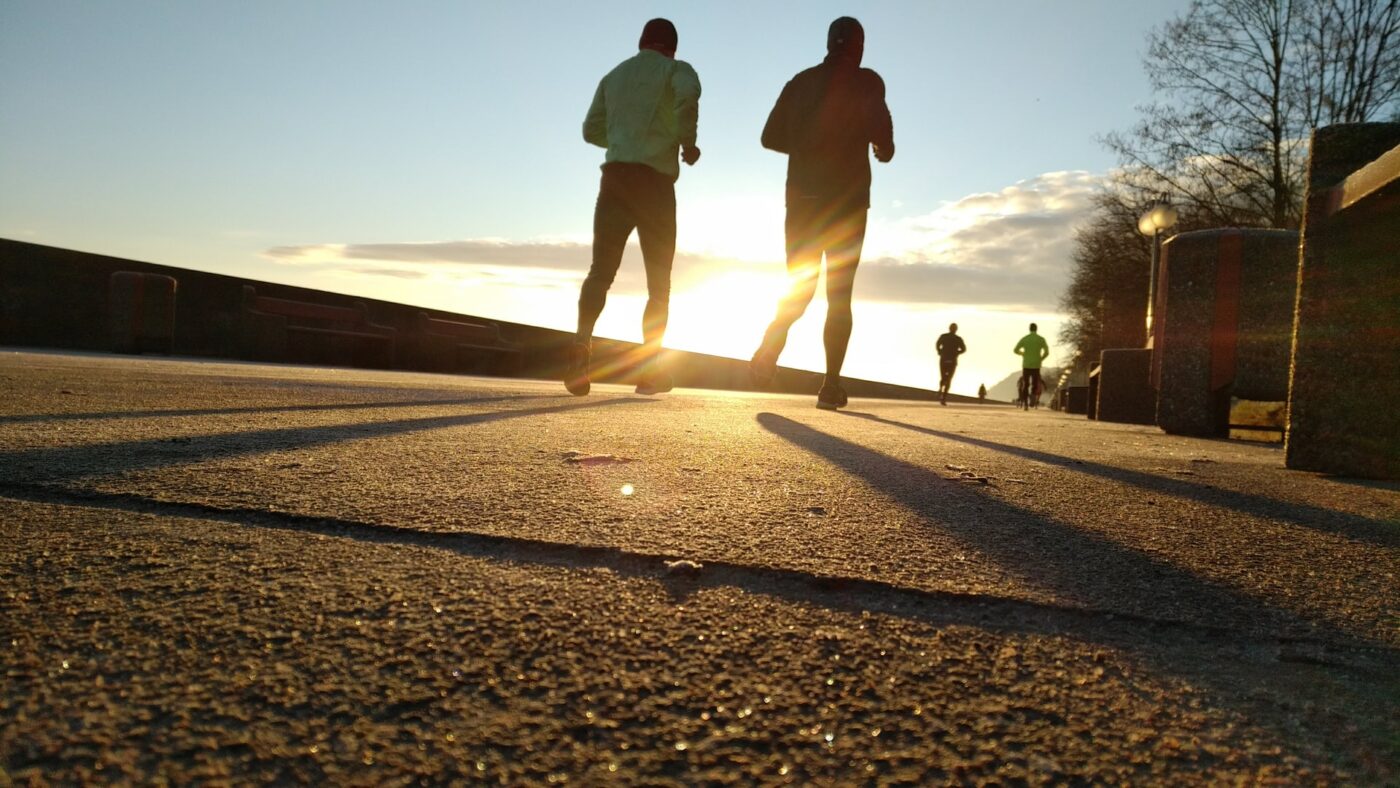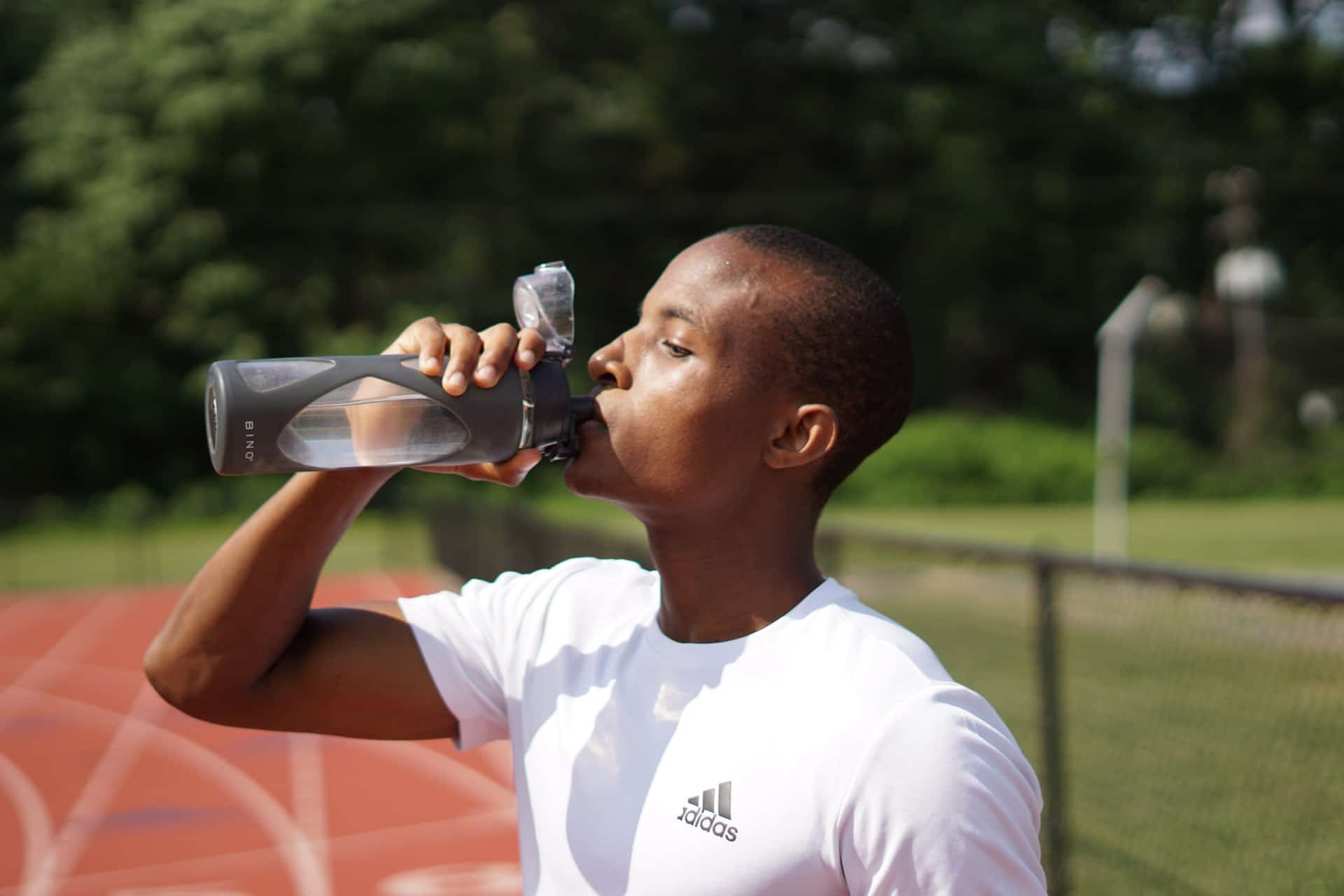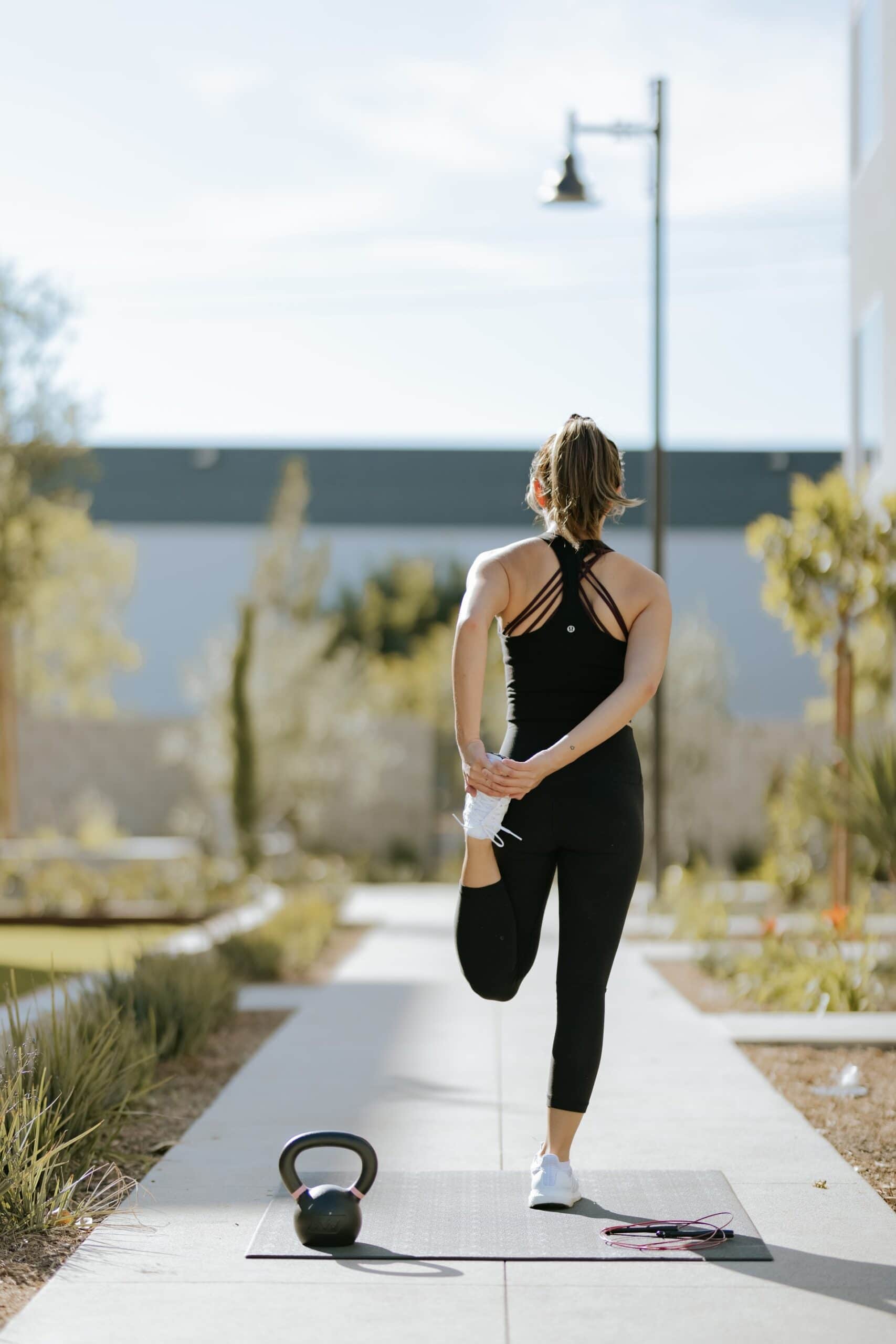
Contents
- How does getting tired affect running performance long term?
- How important is it to be comfortable at a conversational pace?
- Does that affect my running endurance too?
- Would a personal trainer be able to advise or will I know myself?
- Can the type of running shoes contribute to tiredness?
- Should I plan in rest days if I consistently feel tired?
- What should I do if I get tired during a half marathon race?
- How bad is being sleep deprived prior to a race day?
- Can simple running drills or interval training help avoid excessive tiredness building up?
- How important is diet in relation to tiredness?
- Any final tips on what do I do if I get tired whilst running?
If you get tired whilst running, you can either stop running or slow down. If you stop running, make sure to walk for a bit to cool down and then start running again.
If you slow down, make sure to keep your pace steady.
Whichever option you choose, make sure to drink plenty of water so that you stay hydrated.
How does getting tired affect running performance long term?
If you get tired during a run, your performance will likely suffer in the short term.
However, if you make a habit of getting tired during runs, your performance will probably suffer in the long term as well.
This is because consistently running while tired can lead to overtraining, which can decrease your running efficiency and endurance.
Therefore, it is generally best to avoid running when tired, if possible. If you do get tired during a run, make sure to take a break and drink plenty of water.
This will help you recover and improve your performance in the long run.
How important is it to be comfortable at a conversational pace?
It is important to be comfortable at a conversational pace because this is the pace at which you can sustain a conversation without getting too out of breath.
This pace is different for everyone, but it is generally a good idea to aim for a pace that you could sustain for 30 minutes or more.
This will help you stay comfortable during longer runs and improve your overall running performance.
Does that affect my running endurance too?
Yes, if you get tired during a run, your running endurance may also suffer.
It’s usually best to avoid running completely when you’re exhausted. If you do become fatigued during a run, stop and drink lots of water as soon as possible.
This will aid recovery while also enhancing your long-term running endurance.
Would a personal trainer be able to advise or will I know myself?
If you’re unsure about whether or not you should continue running when tired, it’s always best to consult with a personal trainer.
They will be able to assess your level of fatigue and advise you on the best course of action.
However, ultimately, it is up to you to listen to your body and make the decision that is best for you.
If you find that you consistently get tired during runs, it may be a sign that you need to take a break and allow your body to recover.
This will help improve your performance in the long run.
Can the type of running shoes contribute to tiredness?
The type of running shoes you wear can contribute to tiredness, especially if they are not the right type for your feet.
Wearing shoes that are too small or too big can cause blisters and other foot problems that can lead to fatigue. In addition, wearing shoes that do not provide enough support can also cause tiredness.
It is important to find a pair of running shoes that fit well and provide adequate support in order to avoid fatigue.
Should I plan in rest days if I consistently feel tired?
If you find that you consistently feel tired, it is important to plan in rest days.
This will allow your body to recover and prevent you from becoming overtrained.
Overtraining can lead to a decrease in running efficiency and endurance.
Therefore, it is best to build this into your training plan, so take a break when you feel fatigued.
This all goes towards helping improve your performance in the long run.
What should I do if I get tired during a half marathon race?
This is something many runners have faced. If you get tired during a half marathon race or even longer distances, the best thing to do is simply take a break.
This will allow you to recover and improve your performance in the long run. You can either walk or jog for a bit until you feel better, then continue running.
However, if you feel like you cannot continue running, it is best to stop and rest completely.
This will prevent you from becoming too exhausted and improve your chances of finishing the race.
In addition, make sure to drink plenty of water so that you stay hydrated.
This will also help you recover and improve your performance.
How bad is being sleep deprived prior to a race day?
Sleep deprivation can have a significant impact on your running performance and also mental health.
It can lead to fatigue, which can impact your ability to run at a consistent pace. In addition, sleep deprivation can also lead to other problems such as dehydration, which can further impact your running performance.
Therefore, it is important to get enough sleep prior to a race day so that you can perform at your best.
Can simple running drills or interval training help avoid excessive tiredness building up?
Yes, simple running drills or interval training can help avoid excessive tiredness.
These exercises can help improve your running efficiency and endurance, which will help with running long distances without feeling tired. In addition, they can also help improve your speed, so you can finish races faster.
If you are looking to avoid fatigue, consider adding these exercises into your training routine.
How important is diet in relation to tiredness?
Diet is very important in relation to tiredness.
In order to avoid feeling tired during runs, it is important to give your body proper fuel and eat a balanced diet that includes plenty of carbohydrates and protein.
Carbohydrates provide energy for your body, while protein helps rebuild muscle fibres after a run.
Furthermore, eating plenty of fruits and vegetables can also help you stay hydrated, which is important for preventing fatigue.
Therefore, just to confirm, it is very important to eat a balanced diet in order to avoid feeling tired during runs.
Any final tips on what do I do if I get tired whilst running?
Just a recap of all the previous things mentioned really…
If you find that you’re feeling tired during runs, make sure to drink plenty of water and take a break if necessary.
It is also important to wear shoes that fit well and provide adequate support.
If you are still struggling with fatigue, it may be a sign that you need to take a break from running altogether.
In this case, consult with a personal trainer or doctor to see if there are any underlying health issues that need to be addressed.
Ultimately, it is up to you to listen to your body and make the decision that is best for you.
This will help improve your performance in the long run.




